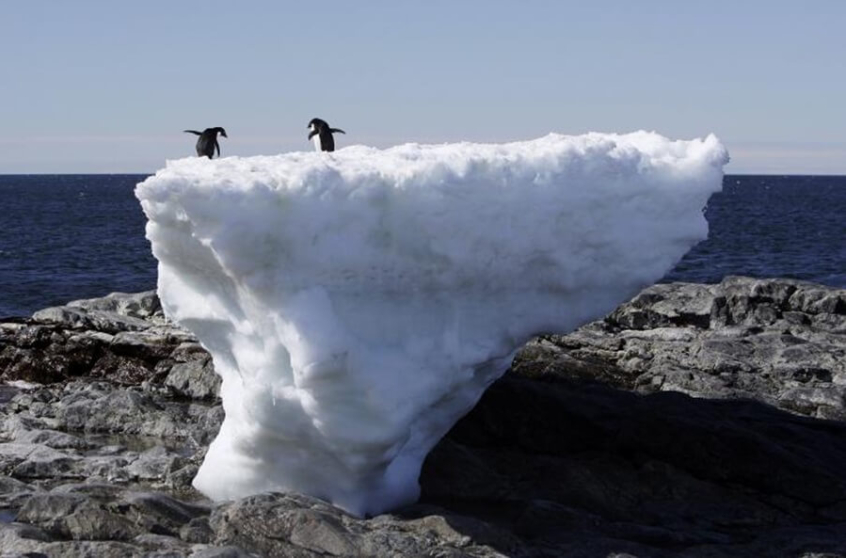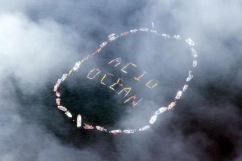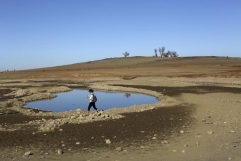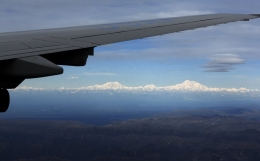
We've seen it in sci-fi movies and on television shows: how an ancient creature dormant for many years is awakened by researchers and eventually wreaks havoc on the planet.
A similar event happened last week in Siberia, although to a less apocalyptic extent. Scientists from the French National Centre for Scientific Research discovered a giant virus that has been frozen and perfectly preserved for 30,000 years in the frozen wastelands of northern Russia.
The monster virus, called Mollivirus sibericum, measures 0.6 microns across—quite gigantic compared to other modern-day viruses and bacteria. The virus is so large that it can be seen using just light microscopy.
The newly discovered ancient virus is believed to have gotten its tremendous size from the number of genes it packs. The M. sibericum has 500 genes, over 50 times more than the genes contained by the human immunodeficiency virus (HIV).
The scientists said there is nothing to worry about the potential spread of the virus for now, since it has to be reanimated first before they can say for certain if it is harmful to animals or human beings.
Nevertheless, the discoverers of the virus said if there is one thing to worry about, it's the speed by which the ice in the Arctic and sub-Arctic regions is melting due to global warming, which actually led to the discovery of this kind of virus.
In fact, M. sibericum is already the fourth type of giant virus isolated from the same permafrost sample since 2003.
In 2003, the first giant virus, called Mimivirus, was discovered. During the past two years, two other monster viruses were uncovered: Pandoraviruses in 2013 and the Pithovirus sibericum in 2014.
"These four types of giant virus exhibit different structures, sizes, genome length, and replication cycles. Their origin and mode of evolution are the subject of conflicting hypotheses," the researchers said.
"The fact that two different viruses could be easily revived from prehistoric permafrost should be of concern in a context of global warming," they added.






















